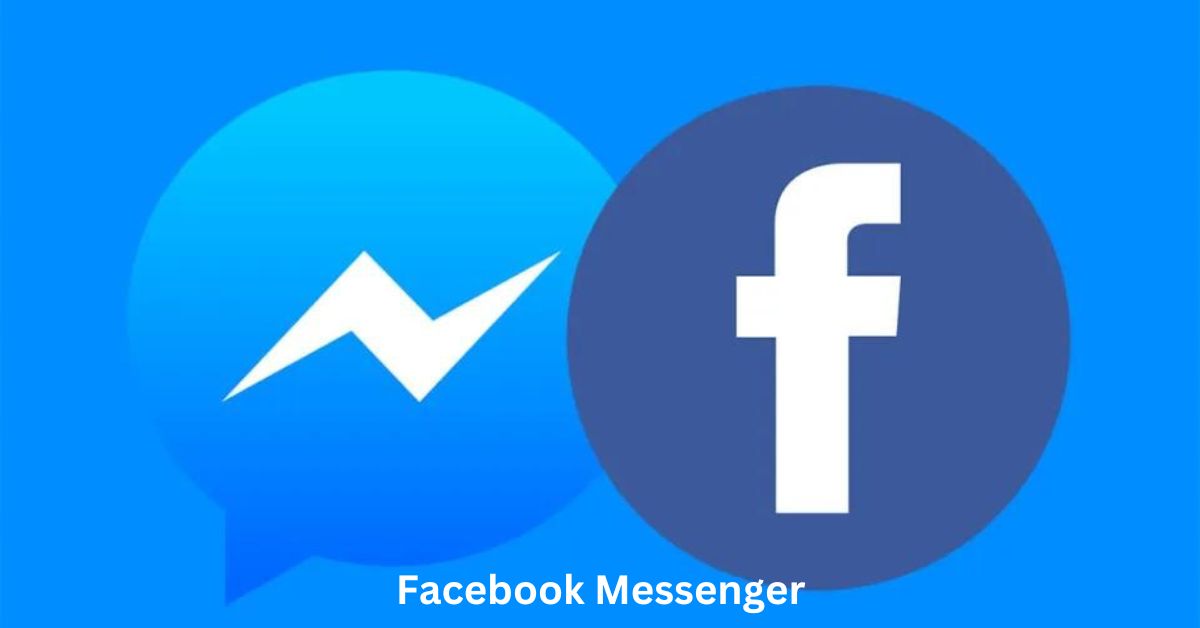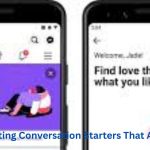Users of the widely used digital discussion tool Facebook Messenger occasionally encounter the block-and-unblock challenge. Whether Facebook Messenger automatically unblocks contacts or if manual intervention is needed is a frequently asked subject. We’ll delve into the nuances of Facebook Messenger’s unblocking dynamics and offer insights into the working mechanisms in this blog post.
Understanding Facebook Messenger Blocks
a. What Happens When You Block Someone:
When you block someone on Facebook Messenger, you restrict them from sending you messages and seeing your online status. This can be a strategic move to maintain privacy or distance from certain contacts.
b. How Blocking Works:
Blocking is a unilateral action taken by an individual to control their messaging environment. Once blocked, the person initiating the block remains in control of when and if they choose to unblock the contact.
Manual Unblock
a. Manual Intervention Required:
Unlike automatic processes, unblocking on Facebook Messenger is a manual action. Users decide when to lift the block and allow the previously restricted contact to resume communication.
b. Steps to Unblock:
To unblock a contact on Facebook Messenger, users need to access the app, navigate to their profile picture in the top left corner, tap “Privacy,” choose “Blocking,” and locate the blocked contact. From there, users can select the contact and opt to unblock them.
The Unblocking Decision
a. The User controls timing:
The timing of unblocking on Facebook Messenger is entirely controlled by the user who initiated the block. Whether it’s a change of heart or a desire to reestablish communication, the decision to unblock rests in their hands.
b. Considerations Before Unblocking:
Users may want to consider their reasons for blocking a contact before unblocking it. It’s an opportunity to reassess the dynamics of the relationship and whether reopening communication is the desired outcome.
Automatic Unblocking Scenarios
a. Limited Automatic Unblocking:
As of the knowledge cutoff in January 2022, Facebook Messenger does not have a built-in automatic unblocking feature. Once blocked, the contact remains blocked until the user actively decides to reverse the action.
b. Changes in Features:
While Facebook’s features evolve, automatic unblocking has not been a reported or documented feature on Facebook Messenger. Users should stay informed about updates to the platform for any changes in this regard.
The Impact of Privacy Settings
a. Privacy Settings and Unblocking:
Unblocking on Facebook Messenger aligns with the platform’s commitment to user privacy. By requiring manual intervention, Facebook ensures that individuals maintain control over their messaging interactions and can make informed decisions about reopening communication channels.
b. Reconnecting on Your Terms:
Manual unblocking reinforces the idea that users should have agency over their digital interactions. It allows for a thoughtful approach to reestablishing connections, ensuring that individuals reconnect on their terms.
Communication Rekindled
a. Resuming Communication:
Once a contact is unblocked on Facebook Messenger, communication can resume normally. The unblocked contact gains access to the user’s messages and online status, rekindling the potential for digital interaction.
b. Navigating the Relationship:
Unblocking presents an opportunity to navigate the relationship anew. Whether it’s a fresh start or a reevaluation of past dynamics, unblocking allows individuals to decide how they want to move forward in their digital interactions.
Conclusion
Regarding Facebook Messenger, the unblocking procedure is evidence of the platform’s dedication to user independence. The lack of automatic unblocking tools supports the belief that users ought to be in charge of their digital boundaries. Unblocking is a conscious decision that gives you the freedom to choose how and when to reestablish connections with people on the internet as you browse your Messenger exchanges.





